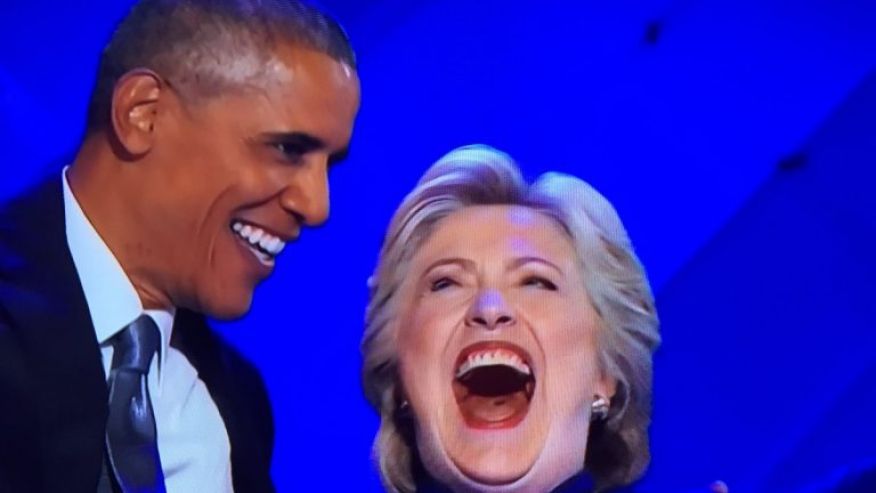Trump’s State Department refuses to look for Hillary Clinton’s emails
 Judicial Watch was hoping that “Team Trump” would also mean team transparency. But the conservative watchdog group was disappointed Monday after State Department lawyers were still insisting — even under their new President Trump-appointed leadership — that they have no intention of trying to find any potential as-yet uncovered Hillary Clinton emails from her time at the department.
Judicial Watch was hoping that “Team Trump” would also mean team transparency. But the conservative watchdog group was disappointed Monday after State Department lawyers were still insisting — even under their new President Trump-appointed leadership — that they have no intention of trying to find any potential as-yet uncovered Hillary Clinton emails from her time at the department.
Given that Trump once joked that Russia should find Hillary’s missing emails, it’s an ironic twist for Judicial Watch that it can’t get Trump’s own State Department to cooperate.
At a hearing in Washington on Monday at the U.S. District Court for the District of Columbia, the State Department said it will continue to seek a dismissal of Judicial Watch’s case attempting to force them to locate Clinton’s emails.
With Cause of Action also acting as a plaintiff, Judicial Watch is hoping to use a small bit of the Federal Records Act to force the State Department to locate more Clinton emails from her tenure as secretary of state.
The lawsuit has had a long journey. John Kerry’s State Department got the case dismissed in early 2016 in the court of Judge James Boasberg, an Obama appointee, but the dismissal was overturned by the Court of Appeals this past December. Despite having the case sent back down to the District Court, State Department attorneys were undeterred, arguing Monday they would again file for a dismissal and hoping that new information learned in the past year — specifically the release of the Clinton email report from the FBI — might be enough to satisfy Judicial Watch, or be enough to get all courts to agree that the case is now moot.
But Judicial Watch was clearly hoping that the new administration would have meant a shift in strategy.
“What’s surprising is the Trump Administration is continuing the Obama Administration’s legal strategy to obstruct and defend Hillary Clinton’s email practices,” Judicial Watch President Tom Fitton said after the hearing. “This is an example, in my view, of the ‘deep state’ still running things, in many respects.” The “deep state” can be most broadly defined as the unelected federal bureaucracy.
“This judge, again, wants us to go through the same arguments cycle that didn’t work out for the State Department the first time,” said James Peterson, senior attorney for Judicial Watch. “What is undisputed here is that records still remain out there to be recovered.”
With the State Department attorneys making clear they would again try to dismiss the case, the next hearing is set for April 21.
